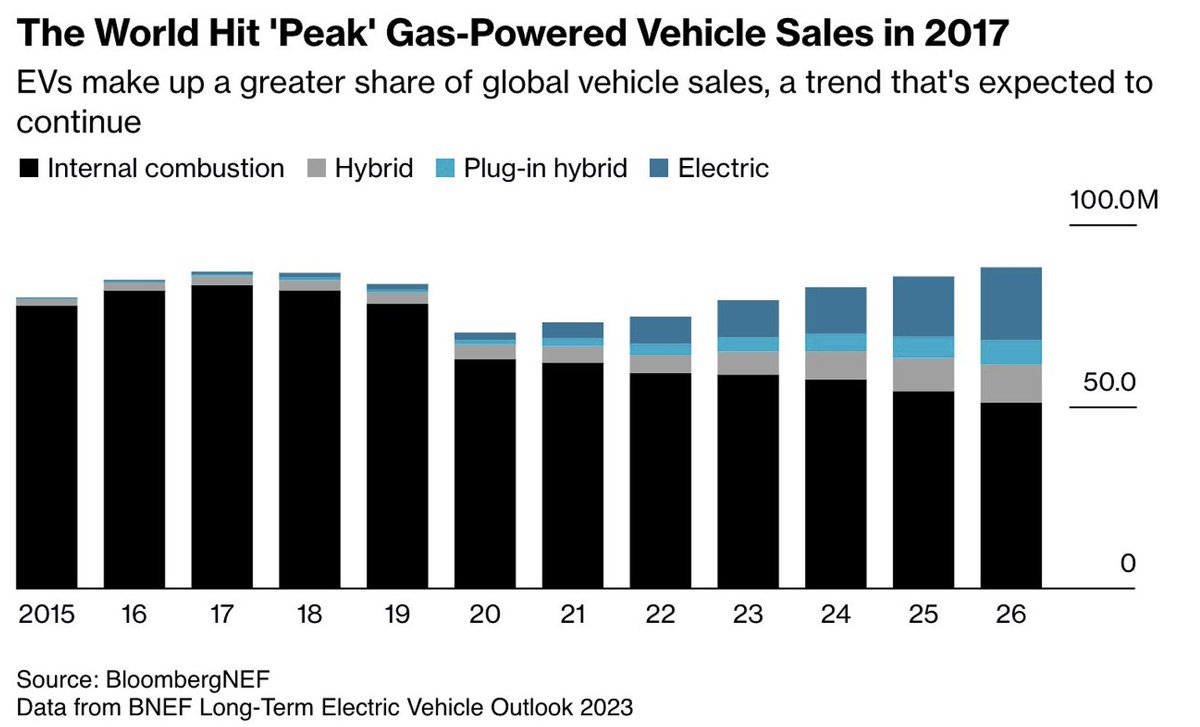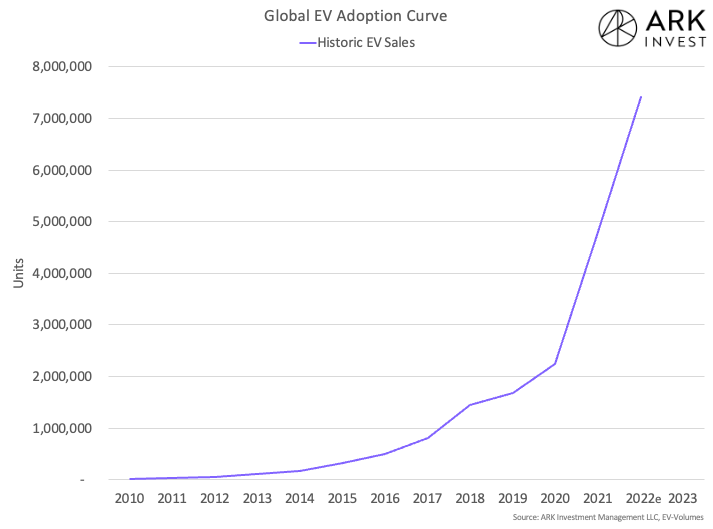1/ People consider #robots hardware, but they'll be considered software in the future.
2/ Nvidia's press announcement that leading Japanese companies will use the Jetson AGX Xavier for next gen #autonomous machines didn't generate much buzz, but it's an important step in the direction of software defined robots. nvidianews.nvidia.com/news/leading-j…
3/ People thought industrial robots were a mature technology, but declining costs, collaborative robots, and now deep learning are making them accessible to new industries and expanding the addressable market.
4/ This has the potential to create a virtuous cycle. Costs come down with a cumulative doubling of production. So as new markets adopt robots the time to reach a doubling of robots decreases and costs drop faster making robots more accessible to other industries.
5/ Every robotics company should have a strategy for capturing data from their robots for deep learning purposes.
• • •
Missing some Tweet in this thread? You can try to
force a refresh















